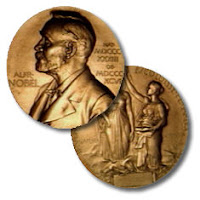Spring Snow and Tui
(from Collected Poems: 1950)We said: there will surely be hawthorn out
down in the sun-holding folds of the hills by the sea;
but suddenly snow had forestalled the thorns there
death-white and cold on their boughs hung the festival wreaths.
It is all one. The same hand scatters the blossoms
of winter and spring-time. The black-robed psalmodist,
traversing swiftly the silent landscape like Azrael,
echoed in clear repetition his well-tuned antiphon,
a waking bugle it might be, a passing bell,
of life, death, life, life telling: it is all one.
Ursula Bethell (1874-1945)
New Zealand poet



